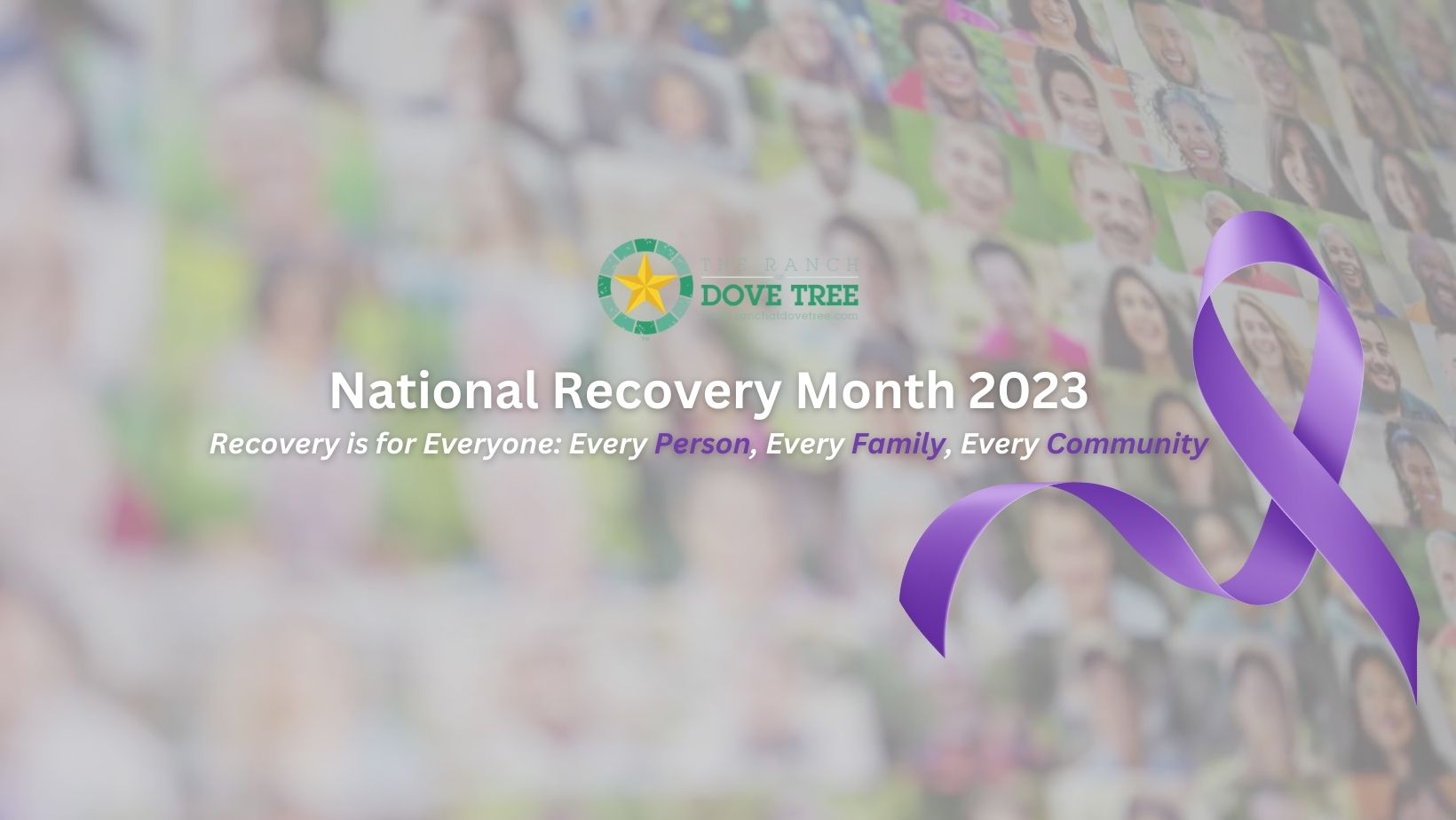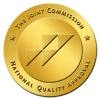September is National Recovery Month, a time to celebrate those who are in addiction and mental health recovery and all those who support their recovery, from professionals in the field to support groups to friends and family. National Recovery Month, held every September, began in 1989, and this year’s weekly themes are as follows:
- Week 1 – a focus on young people in recovery and how families and caregivers can support them
- Week 2- a focus on ensuring that “people of color, youth, older adults, LGBTQI+, rural residents, veterans, and people with disabilities have equitable access” to treatment
- Week 3 – a focus on the whole-person approach to wellness
- Week 4 – a focus on the importance of peer support to help people in recovery remember they are not alone
Here at Eagle View Behavioral Health, in Bettendorf, IA, we focus on these four themes not just in September but in every month of the year. Let’s look at some of the specific ways we help people find their path to addiction and mental health recovery.
Recovery for all Ages
Each of our programs offers unique approaches to meet the needs of different age groups: adolescents, adults, and older adults. We understand that the way addiction and mental health issues manifest is different in each age group. Teens, for example, often express anxiety differently than adults because they don’t yet have the cognitive awareness or experience to vocalize their feelings. Anxiety in teens might manifest as problems at school, avoidance of friends, stomach aches or headaches, and behavioral issues.
At Eagle View, we understand how teenagers’ minds and hearts work, and we offer compassionate, nonjudgmental treatment that will help them understand what they’re going through and connect with others their age who have similar struggles. For teens and adults, we offer an intensive outpatient program (IOP), partial hospitalization program (PHP), and inpatient treatment. We treat both mental health issues, such as depression, anxiety, and psychosis, as well as substance use disorder and any co-occurring disorders.
Equitable Access to Recovery
We understand that treatment can be costly and that some people might not even consider seeking the treatment they need because they assume they can’t afford it. At Eagle View, we have you covered. We accept most private insurances, Medicare, and Medicaid. We also welcome people of all races, genders, and sexual identities. We understand and accommodate the unique needs of veterans and people with disabilities.
A Whole-Person Approach to Recovery
Recovery from mental health issues or substance use disorders is not sustainable without attention to the physical, mental, emotional, and spiritual aspects of health. Someone in recovery from depression benefits not just from medication and therapy but also from a healthy body and a deep connection to something beyond the day-to-day.
To that end, we offer a full range of treatment: medication, individual and group therapy, recreational therapy, and aftercare planning. Our patients gain insight into their disorders, connect with others, exercise their body and mind, and learn life skills that will help them stay strong in recovery after they leave treatment.
A Focus on Peer Support
While a patient is in treatment, they learn the importance of peer support, primarily through group therapy. The effectiveness of group therapy is equal to that of individual therapy, with the added benefit of reminding participants that they are not alone in their struggles. Mental health disorders and substance use disorder can be extremely isolating, and the more isolated someone is, the worse the disorder becomes.
In group therapy, clients learn that all of the thoughts, feelings, and behaviors they struggle with are not unique to them. Everyone in the group can relate. Clients learn to express their feelings and thoughts instead of hiding them, and they learn from each other different ways to cope with symptoms.
Begin Your Recovery Today
If you are struggling with a mental health or substance use disorder, use National Recovery Month as the motivation to reach out for help. Caring, talented people who understand recovery are ready to meet with you and create an individualized treatment plan catered to your specific situation.
And remember that recovery is an ongoing process. If you have been in recovery but have relapsed, hope is not lost. Think of relapse as part of the process and reach out to learn how to adjust your treatment plan to better meet your needs. You can do this, and many, many people – both treatment professionals and peers – are eager to support you.







